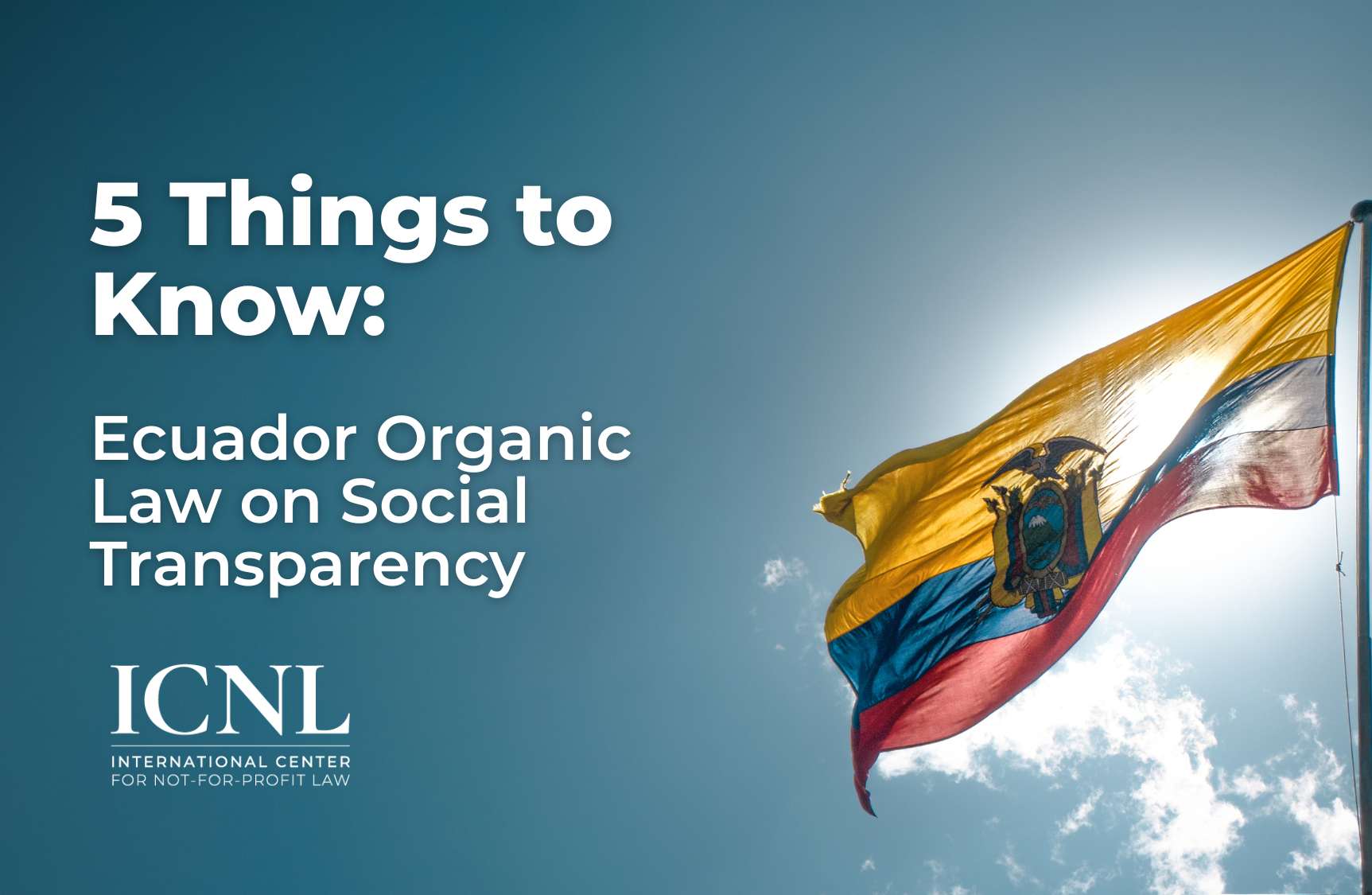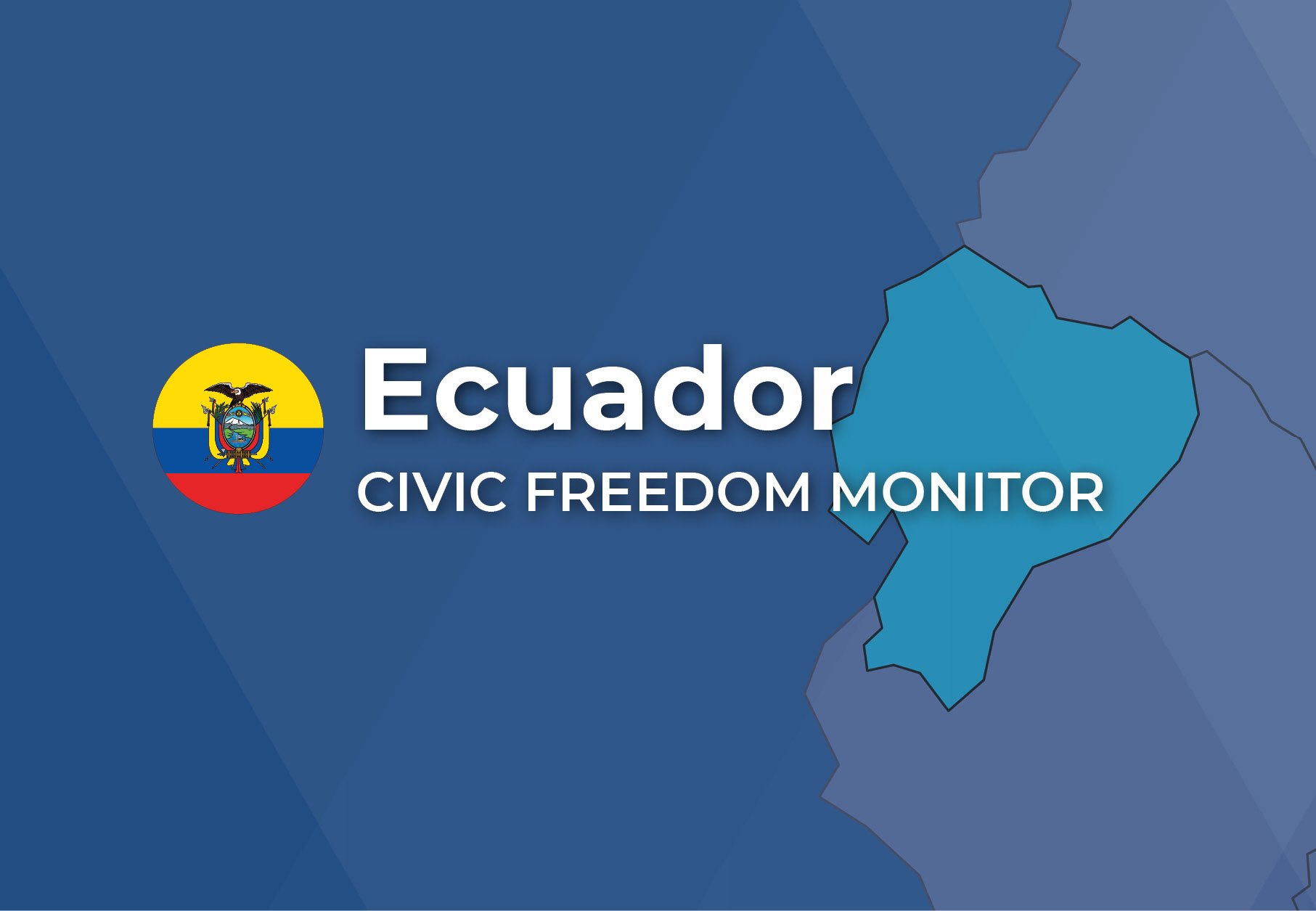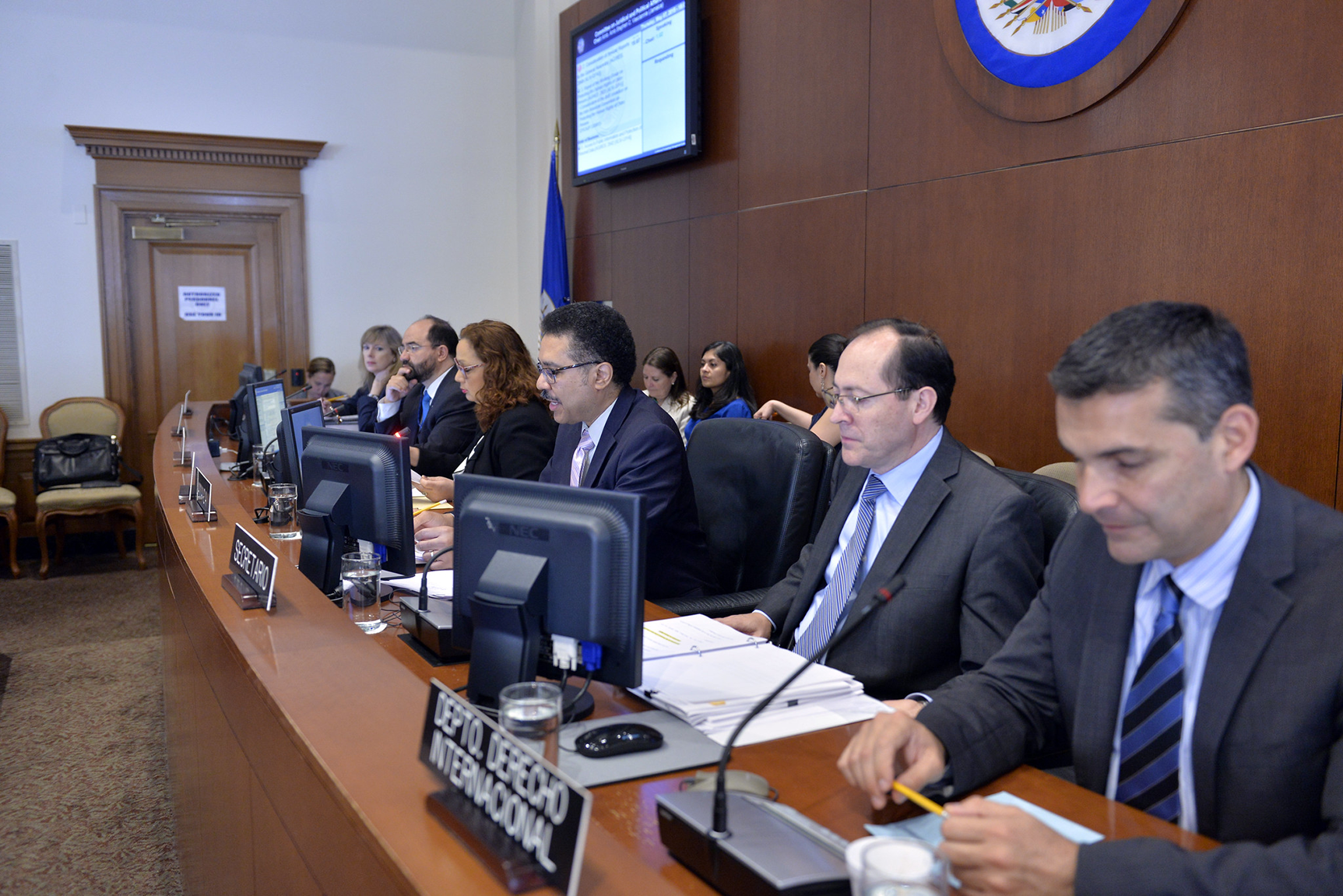
Five Things to Know: Ecuador’s 2025 Organic Law on Social Transparency
Published: September 2025
En español abajo
On August 28, 2025, Ecuador enacted the Organic Law on Social Transparency (STL), a sweeping measure that changes how nonprofits and NGOs register, report, and operate. While the law is presented as aligning with international standards, its vague rules, heavy sanctions, and intrusive oversight risk restricting civil society.
Here are five things you need to know about Ecuador’s new nonprofit law:

1. All NPOs must re-register under a new system
The STL requires all existing NPOs to re-register in the Unified Social NPO Information System within 180 days. With over 71,000 civil society organizations in Ecuador, this creates a major administrative burden. The law does not clarify how quickly applications will be processed or whether organizations can continue operating if their re-registration is pending at the end of this period. Under international standards, blanket re-registration requirements are unnecessary and risk arbitrary suspension of lawful activities.
2. Registration requirements are vague and overly broad
The STL allows authorities to demand extensive legal, financial, operational, and compliance information from NPOs, without specifying what documentation is required. Leaving key details to future regulations gives officials wide discretion, creating uncertainty and risk of abuse. International human rights standards require that registration procedures be clear, predictable, and non-discretionary.
3. Supervisory powers are intrusive
Officials from the Superintendency of the Popular and Solidarity Economy may request information on an NPO’s “integrity, systems, and compliance programs, and management policies” at any time, with no limits on scope. This opens the door to intrusive oversight and potential misuse—for example, pressuring organizations to admit members against their will through the misuse of effective inclusion rules. States must ensure that oversight is proportionate, narrowly tailored, and respectful of organizational autonomy.
4. Sanctions are disproportionate and risk arbitrary dissolution
NPOs that fail to re-register within 180 days may be barred from operating and even lose their legal personality. The STL also empowers officials to dissolve organizations for vaguely defined reasons, such as threats to “public order” or “state security.” Such broad grounds fall short of international law, which only allows involuntary dissolution in cases of clear and imminent danger, backed by judicial safeguards and due process.
5. The law distorts Ecuador’s compliance with Financial Action Task Force (FATF) standards
Although framed as an anti–money laundering and counter–terrorist financing (AML/CFT) measure, the STL imposes a one-size-fits-all supervisory regime on the entire NPO sector. All organizations must adopt risk-based measures, file reports, and even detect and report “suspicious transactions” more appropriate for financial institutions. This contradicts FATF Recommendation 8, which requires States to take a focused and proportionate approach, targeting only NPOs shown to be at risk of abuse—not burdening the entire sector with inappropriate obligations. This is a step backward for Ecuador, which FATF had considered to be largely compliant with its standards just two years ago.
For more information, contact ICNL’s Latin America and Caribbean Team at lac@icnl.org.

